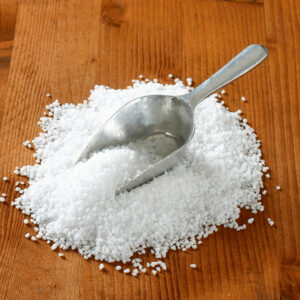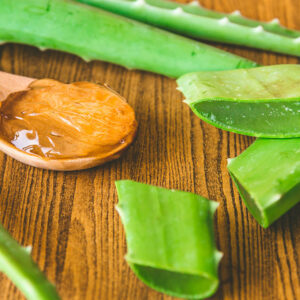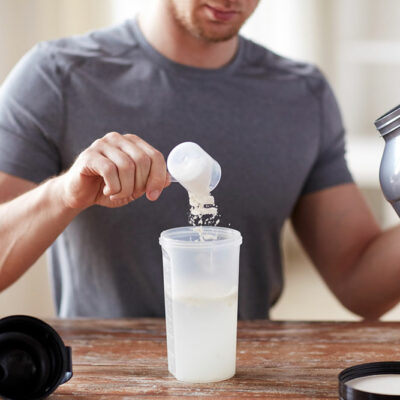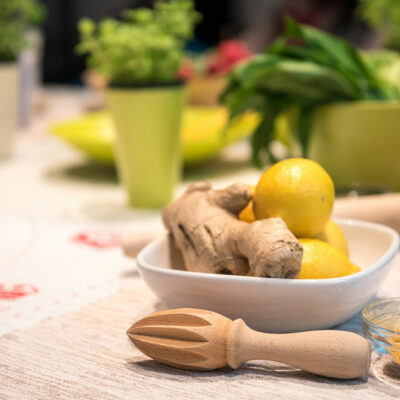
01
Foods to ease the symptoms of Crohn’s disease
Since Crohn’s disease directly affects the digestive tract and causes irritation and discomfort in the alimentary canal, people suffering from this disease should take primary care of their regular diet. The amount of food consumed, the calorie intake, and many other factors should be taken into consideration when suffering from this condition. In certain cases, the symptoms could get worse if one fails to maintain a healthy diet. What is Crohn’s disease? Crohn’s disease is both rare and life-threatening. It is a chronic disease which requires long-term medical attention and is mostly incurable. It results in inflammation of the intestines and might be accompanied by scarring of the inner intestinal lining. It can occur in any part of the intestine; however, the colon of the large intestine and ileum of the small intestine are prone to get affected more easily. The condition often lasts for years but can be lifelong for some people. Crohn’s disease may also result in ulcers in the inner lining as well as fistulae, which is extremely painful. Laboratory testing, as well as abdominal imaging, helps detect the disease. Foods to ease the symptoms of Crohn’s disease Since Crohn’s disease is not easy to cure, people suffering from it are advised to take thorough care of their diet. Junk food should be strictly avoided. Some of the foods to ease the symptoms of Crohn’s disease are: De-caffeinated drinks and beverages If you suffer from Crohn’s disease, caffeine should be avoided as much as possible. These include coffee, tea, flavored sodas, etc. Additionally, one should only consume drinks with low sugar or zero added sugar content so that they do not experience sudden flare-ups. Peeling fruits and selective fruits People with Crohn’s disease have a restricted fruit diet and can only consume the ones with low fiber content.
Read More 






